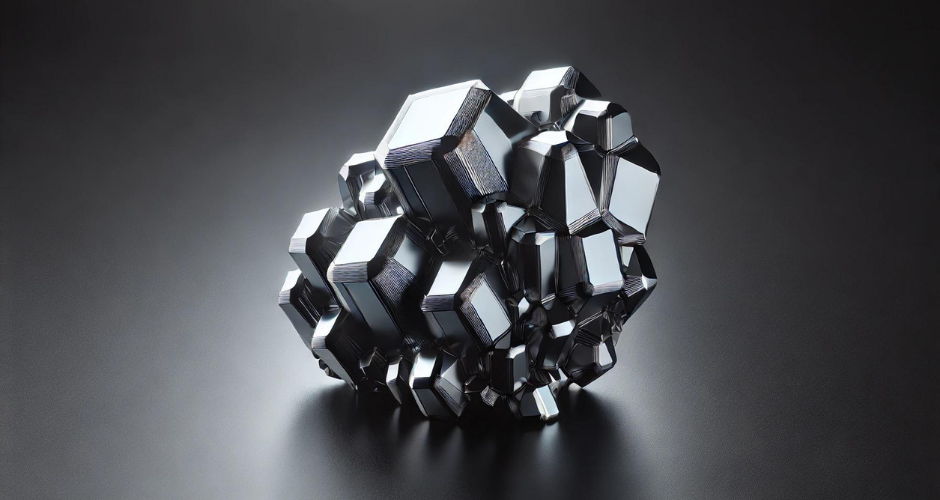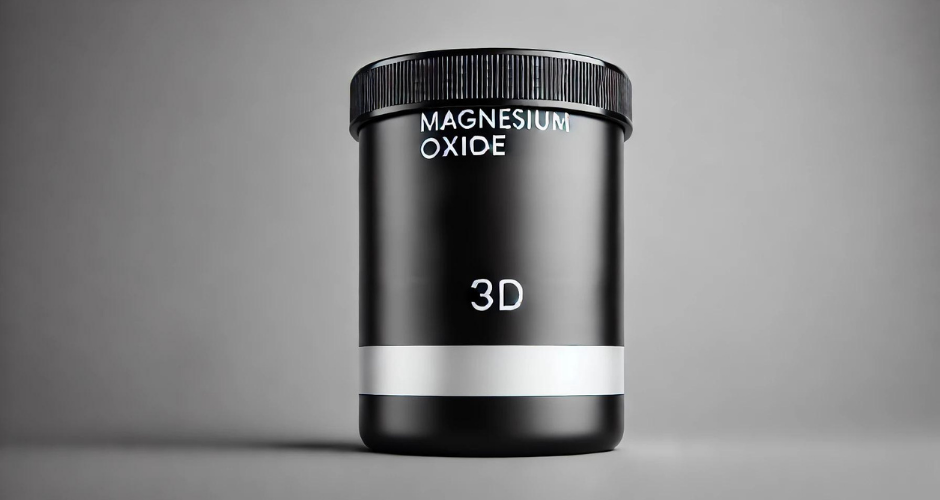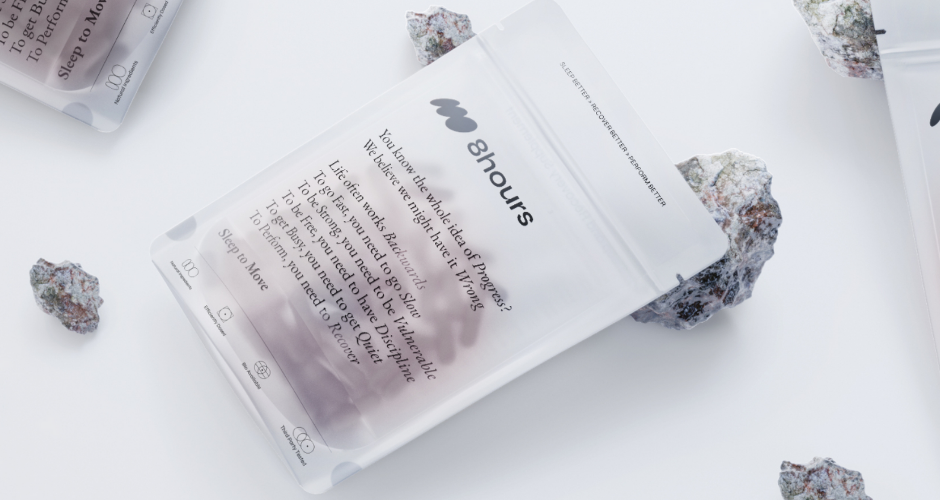

If you’re struggling with sleep, you’ve probably tried all the tricks in the book—cutting caffeine, meditating, counting sheep (or maybe counting how many emails you still need to answer). But have you ever considered that you might just be low on one of the most essential minerals for sleep? Enter magnesium, the unsung hero of the sleep world. In this blog post, we’ll explore why magnesium for sleep is a game-changer and how it can be your ticket to deeper, more restorative rest.
Magnificent Magnesium
Not All Magnesium Is Created Equal

Magnesium Oxide
The Jack of All Trades (But Master of None)

Magnesium Citrate
Better Absorption, But With a Catch

Magnesium Bisglycinate
The Sleep Champion

Magnesium Threonate
The Brain Booster
The Science of Magnesium and Sleep
The Power Of Synergy
Your Secret Weapon for Better Sleep
Foods High In Magnesium
Upgrade Your Sleep with Magnesium (and Friends)
Science Section

- #8hours
- #apigenin
- #bettersleep
- #biohacking
- #deepsleep
- #howtosleepbetter
- #huberman
- #inositol
- #l-theanine
- #longevity
- #magnesium
- #matthewwalker
- #remsleep
- #sleepbetter
- #sleepoptimization
- #sleepscience
- #sleepsupplementation
- #supplementation
- #tartcherry
- #tipsforsleep
- #vividdreams




